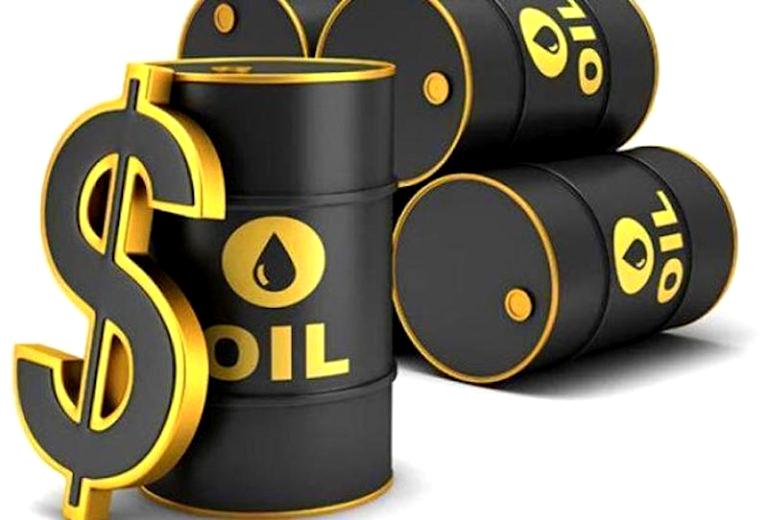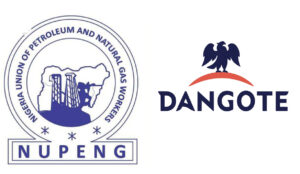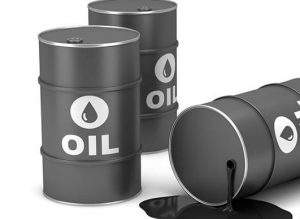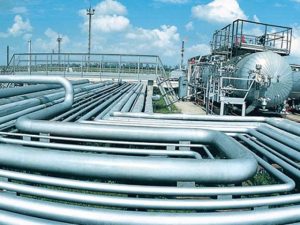Global Oil Market Faces Uncertainty Amid China’s Economic Slowdown

It’s not that industrial output is expected to fall but the constraint is coming from China’s consumer sector, where a slowdown in housing and office building investment are squeezing discretionary spending. Plus, another key user base is slowly drying up.
“Headwinds in the real estate sector and the increasing penetration of LNG trucks and electric vehicles are likely to weigh on diesel and gasoline demand,” OPEC’s report said.
China figures prominently in a couple other major oil industry storylines.
Saudi Aramco, the world’s largest oil company, said, it expects to start sending fewer barrels tomChina in response to that expected softening in demand. Iran, another major supplier, is sneaking around U.S. sanctions by shipping supplies to China and bumping exports to their highest levels since 2018 in the process.
Meanwhile, OPEC says Nigeria’s crude oil production in the month of July rose to 1.307 million barrels a day.
According to the monthly oil market report of the OPEC, the country added 30 thousand barrels daily to its production when compared to the production figure for last month which stood at 1.276 million barrels daily in June 2024.
Secondary sources have said, Nigeria’s daily average crude oil production in June was 1.386 million barrels per day (bpd), marking an increase of 16,000 barrels compared to May’s figure of 1.369 million bpd.
Despite a decline in production reported by secondary sources, Nigeria maintained its position as Africa’s largest oil producer, with Libya following closely, producing 1.175 million bpd in July.
According to OPEC data, average crude oil prices rose by 2.5 per cent month-on-month in July to $83.3, driven by strong market fundamentals.
However, gains were limited by global macroeconomic uncertainties. Year-on-year, prices increased by 5.4 per cent.
The average crude oil production of 1.30 million barrels per day in June highlights that, for the first half of 2024, Nigeria consistently fell short of both its OPEC production quota of 1.5 million barrels daily and its budget target of 1.78 million bpd.
The shortfall hampers the revenue generation efforts of President Tinubu’s administration.
The minister of Petroleum Resources, Heineken Lokpobiri, previously stated that the country aims to reach a daily production of two million barrels next year.
The oil sector continues to be challenged by insecurity and low investment, exacerbated by the exit of international oil companies (IOCs) and unresolved issues regarding the approval of oil asset transfers.
Earlier this month, the Nigerian National Petroleum Company Limited (NNPCL) declared a renewed effort to tackle the challenges hindering crude oil production, as output has stagnated over the past five months.
President Tinubu had in March signed a raft of fiscal incentives meant to improve the investment climate and position Nigeria as the leading destination for oil and gas investments in Africa- the country has seen a decline in investments in the last decade.
These directives include financial incentives for the development of non-associated gas, midstream operations, and deep-water projects.
The initiative aims to streamline the contracting process, reducing the cycle time to six months.









